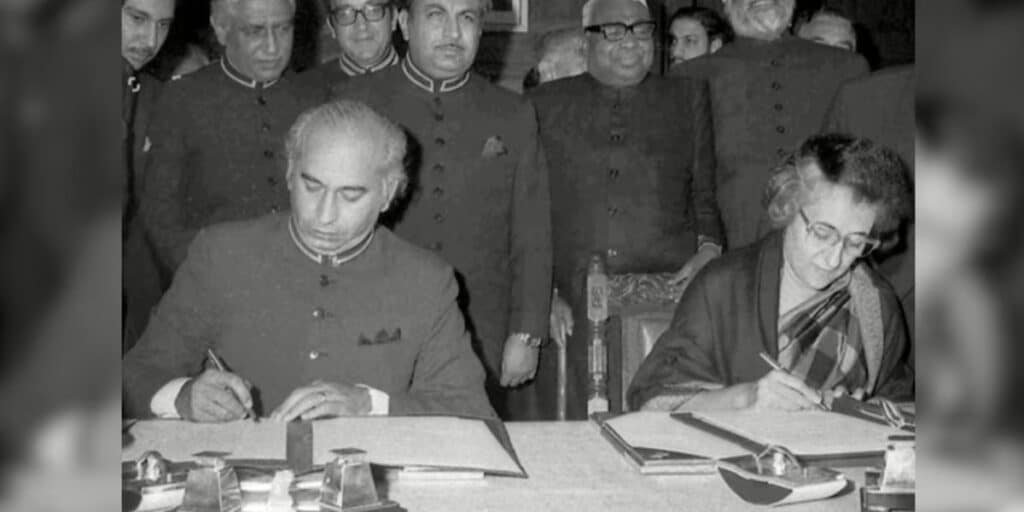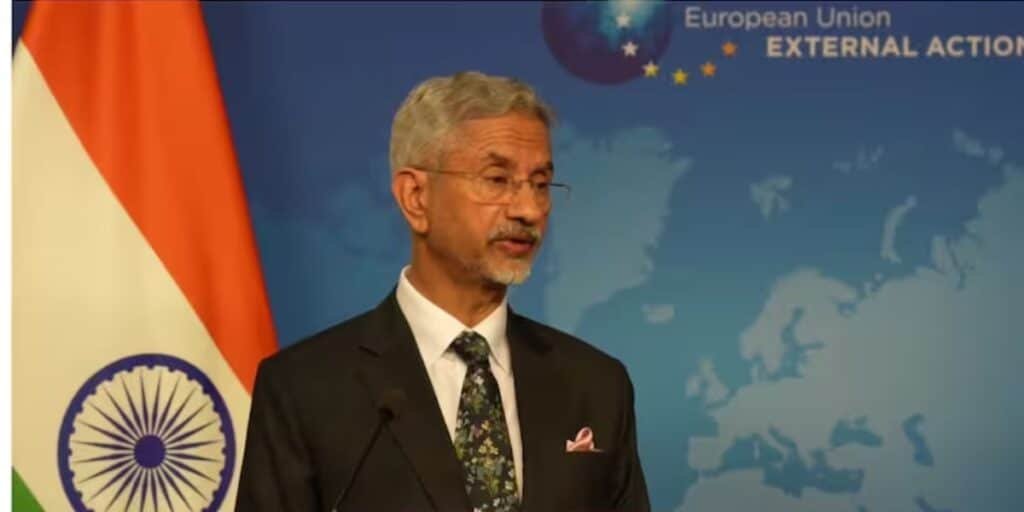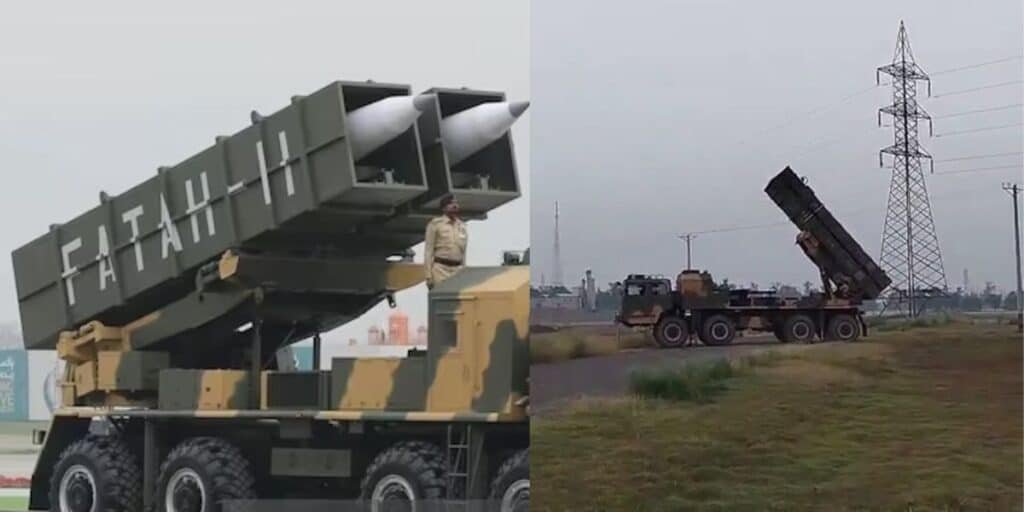The National Security Committee on Thursday warned that any move by India to disturb the water flow which legally belongs to Pakistan will be considered an act of war.
On April 23, India announced the unilateral suspension of Indus Waters Treaty among other policies following an attack in Indian occupied Kashmir on April 22 which killed 26 tourists.
Modi-led government officially responded to the Kashmir attack by putting all the blame on Pakistan and announcing five actions against Pakistan.
Pakistan on Thursday decided to close the Wagah border, shut down airspace to Indian airlines, and suspend all trade ties.
The top leadership of Pakistan made it clear that any move to divert the water flow would be considered an act of war and warned that Pakistan will respond with full spectrum of state power.
The NSC meeting also stated that Pakistan can exercise its right to hold all bilateral agreements with India including but not limited to Simla Agreement in abeyance. Pakistan officially stated that it could suspend these agreements until India stops funding terrorism inside Pakistan, desists from trans-national killings, and start following international law and UN resolutions on Kashmir.
What is Shimla Agreement between India and Pakistan
The Simla Agreement was a significant bilateral treaty between Pakistan and India, signed by President Zulfiqar Ali Bhutto and Prime Minister Indira Gandhi following the end of 1971 war between India and Pakistan.
The 1971 war led to separation of East Pakistan and the Shimla Agreement between Pakistan and India which made certain bilateral blueprints for both countries relations.
The 1971 Shimla agreement laid out a few foundational principles which guided future relations between both countries, including the dispute on Kashmir:
Peaceful settlement of disputes: Both countries agreed to resolve all disputes – including Kashmir issue – bilaterally, without third-party intervention. This was a significant change regarding Kashmir issue because Pakistan agreed to not involve other countries in resolving the Kashmir dispute with India, including the United Nations.
Respect for sovereignty: The two countries agreed to respect each other’s territorial integrity, political independence, and non-interference in internal affairs.
Establishment of LOC: The Line of Control (LOC) which is the ceasefire line between Pakistan and India in Jammu and Kashmir territory was established in 1971. Both sides committed not to unilaterally alter the LoC — an attempt to stabilise the contested region.
Release of prisoners of war: As part of the deal, India agreed to release over 93,000 Pakistani prisoners of war — one of the largest post-war prisoner releases in history.
Normalisation of diplomatic ties: The agreement called for steps to restore diplomatic, economic, and cultural relations, including resumption of communications, travel, and trade links that had been severed.
What does it mean if Pakistan suspends Shimla Agreement?
Indian media, as with its tradition, has started propagating sensational and jingoist narratives as majority of Indian media is reporting that Pakistan has suspended Shimla agreement, which is false.
Pakistan, acting responsibly, has only warned its neighbor that it can suspend all bilateral agreements with India since its eastern neighbour thinks it can take any unilateral policy without consequences.
If Pakistan were to suspend the Simla Agreement, then both the countries would go back to pre-1971 posture in LOC. Futhermore, Pakistan would then pursue and gather ally countries to pressurise India on Kashmir dispute resolution, including using tactful diplomacy regarding the United Nations Security Council (UNSC) Resolution 47.
The UNSC Resolution 47 was adopted on 21 April 1948, concerns the resolution of the Kashmir conflict.
Read more: National Security Committee meeting: Pakistan Shuts Airspace To Indian Airlines , Suspends All Trade Ties
The National Security Committee (NSC), meeting chaired by Prime Minister (PM) Shehbaz Sharif, with the attendance of Chief of Army Staff (COAS) General Syed Asim Munir and other top civil and military leaders, took place at the PM House in Islamabad. It was decided in the meeting to close the Wagah border, shut down airspace to Indian airlines, and suspend all trade ties. Pakistan has also cancelled all visas issued under the Indian SAARC Visa Exemption Scheme (SVES). However, visas for Sikh pilgrims have not been cancelled.






